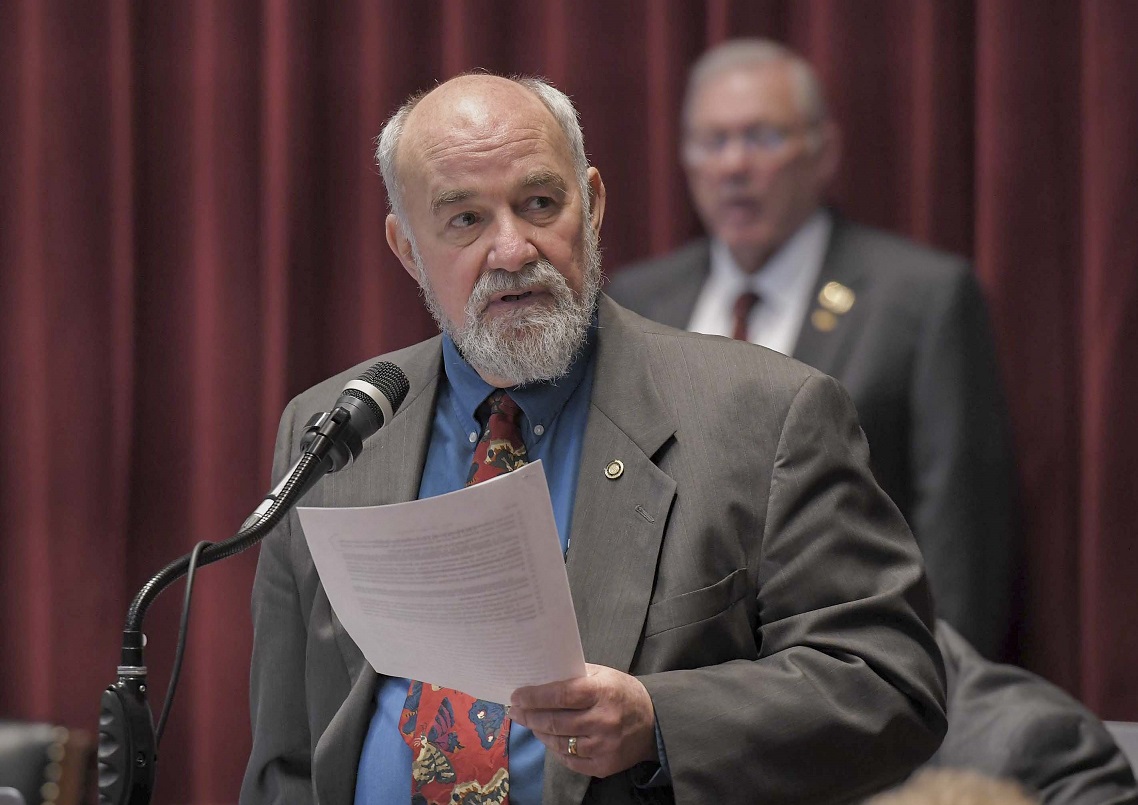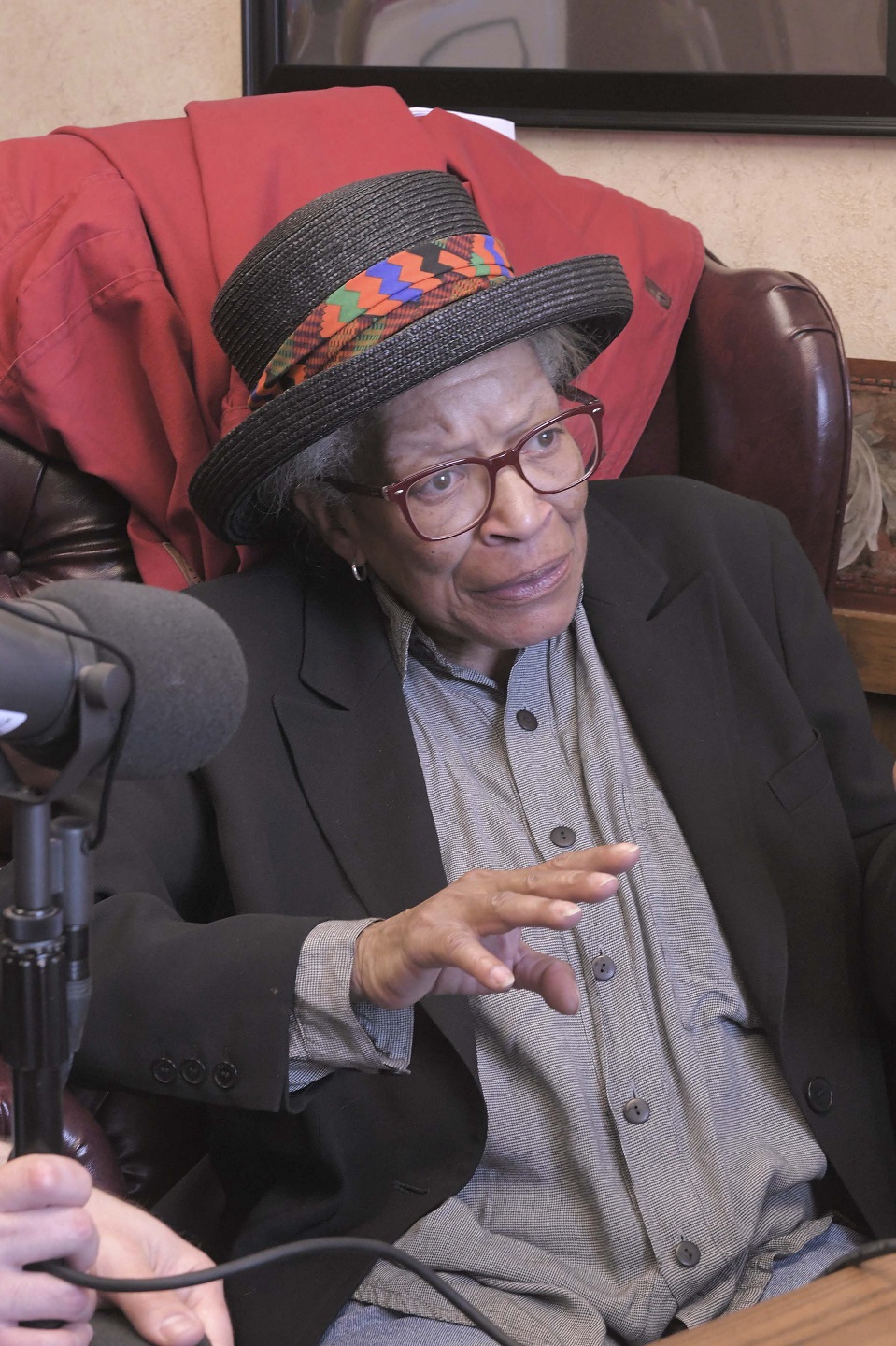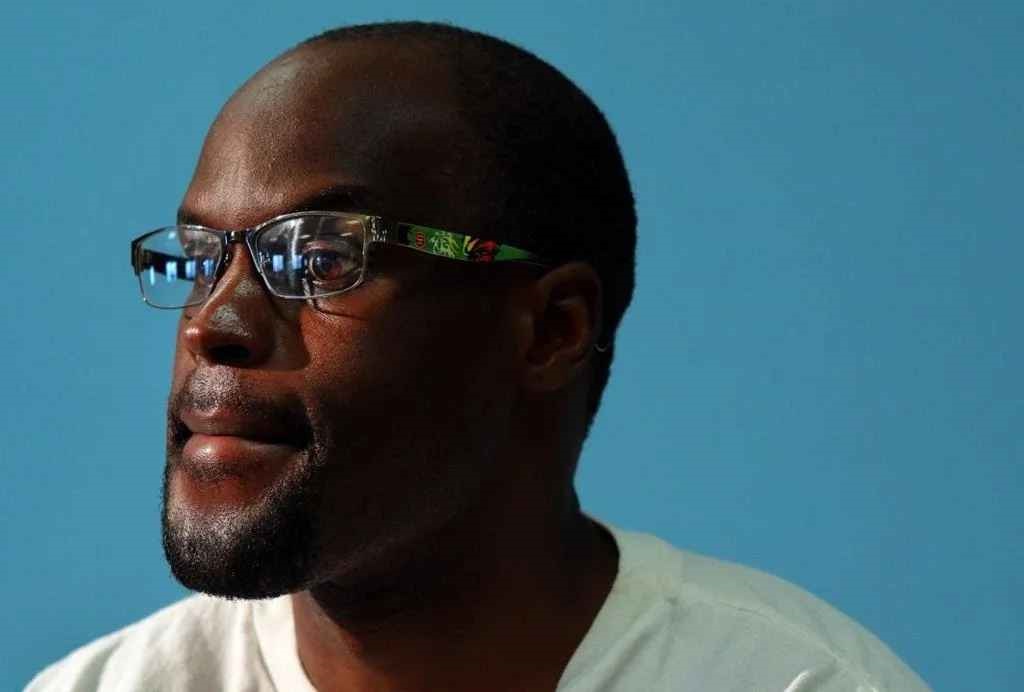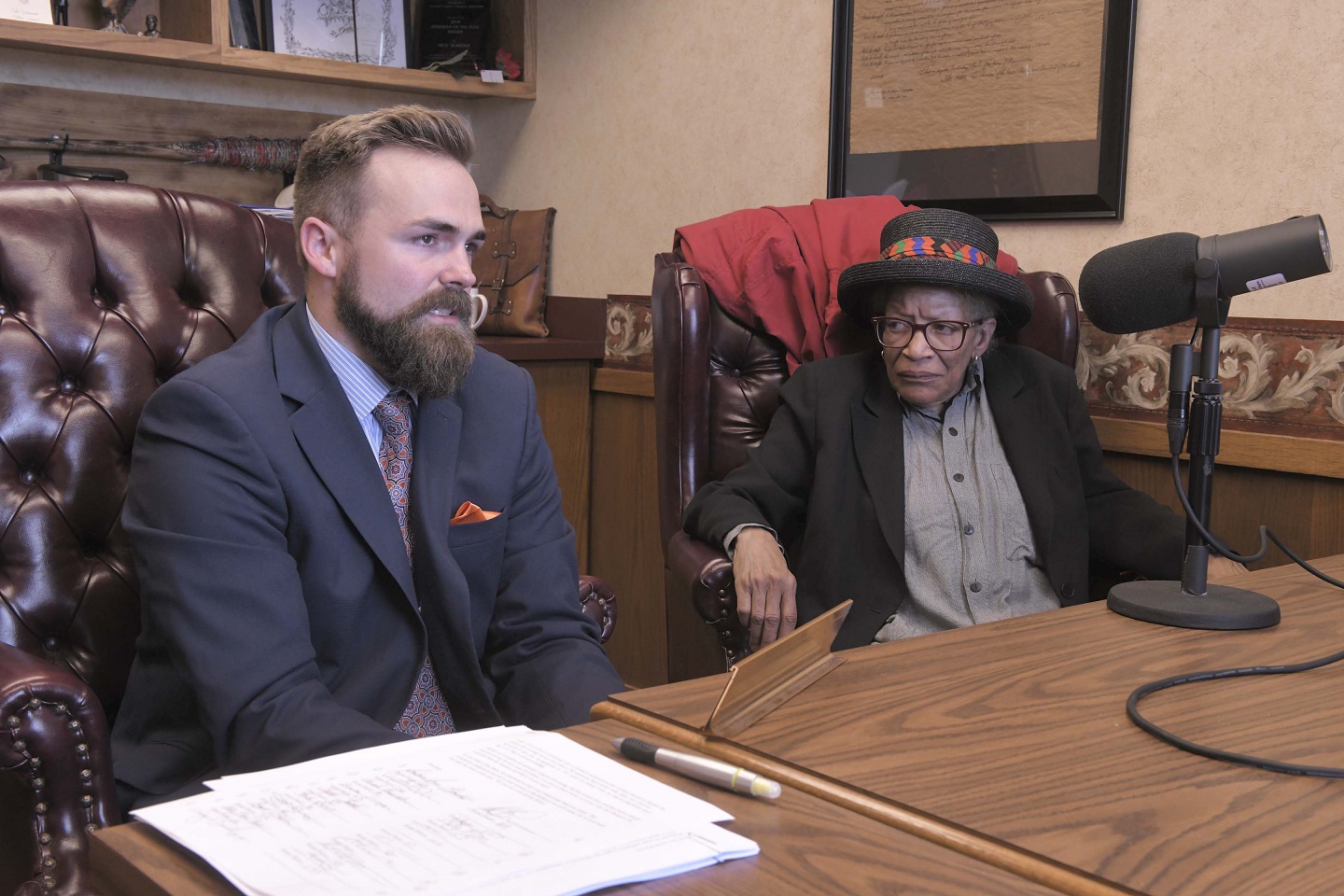Victims of domestic violence would have an easier time getting away from their abusers under bills signed into law this week by Governor Mike Parson (R).

House Bills 243 & 544 would allow a person who has been, is, or is in imminent danger of being a victim of domestic violence, sexual assault, or stalking to break a lease without penalty.
Often individuals trying to get away from abuse must find a new place to live, but if their name is on a lease that can present an obstacle.
“We hear from advocates and victims on a regular basis that they don’t feel safe where they’re living, they’re not able to get out of their lease,” said Jennifer Carter Dochler, Public Police Director for the Missouri Coalition Against Domestic and Sexual Violence. “They’re faced with two choices: either continuing to live there where they don’t feel safe, or breaking their lease and then having a more difficult time getting another lease and having a financial burden due to that.”
Representative Jim Neely (R-Cameron) said he has owned properties in the past. He said this new law could help some tenants who find themselves in dangerous positions.
The legislation also keeps victims from being denied tenancy or evicted because of their status as a victim or potential victim. Carter Dochler said this is something else that happens often.
She said Missourians who need to utilize this new law, or otherwise need help dealing with an abusive situation, can find that help at domestic violence shelters throughout the state.
“That’s part of the role of the advocate, when they’re safety planning with an individual and weighing their options about relocating, is being familiar with laws such as these,” said Carter Dochler. “Most people in the general public are probably not going to be aware that this law exists until they are connected with a service provider who’s knowledgeable about it and can share that information with them and help them navigate that process.”
Carter Dochler said while there are other issues she wants to see addressed, this is the latest in a series of laws passed by the Missouri General Assembly that will help people dealing with abuse.
“We are incredibly grateful for how much support we have received from the legislature on issues related to rape and abuse. We had a very successful legislative session in 2018, and although the housing bill – House Bill 243 – is the only piece of priority legislation that passed in 2019, it is, for us, a huge success,” said Carter Dochler. “This is a piece of legislation that advocates and survivors have been asking for, for many years.”
HBs 243 & 544 also specify what evidence a landlord must accept as proof of a domestic violence or stalking situation, and allow a landlord to access a fee for early termination of a lease.
The language also clarifies Missouri law against the nonconsensual dissemination of private sexual images, better known as “revenge porn.”
The legislation becomes effective August 28.
Earlier story:
Bills would let victims of domestic or sexual violence or stalking get out of leases

















